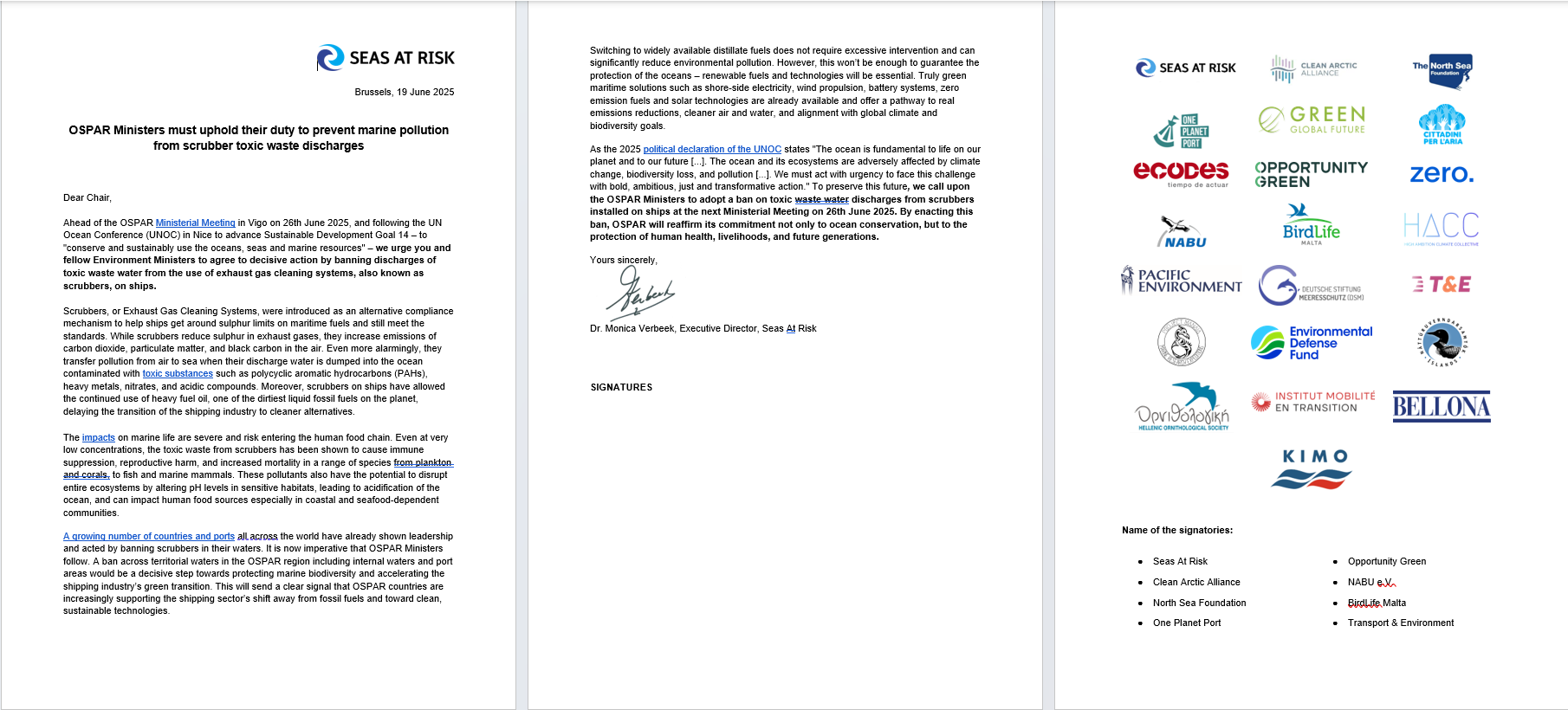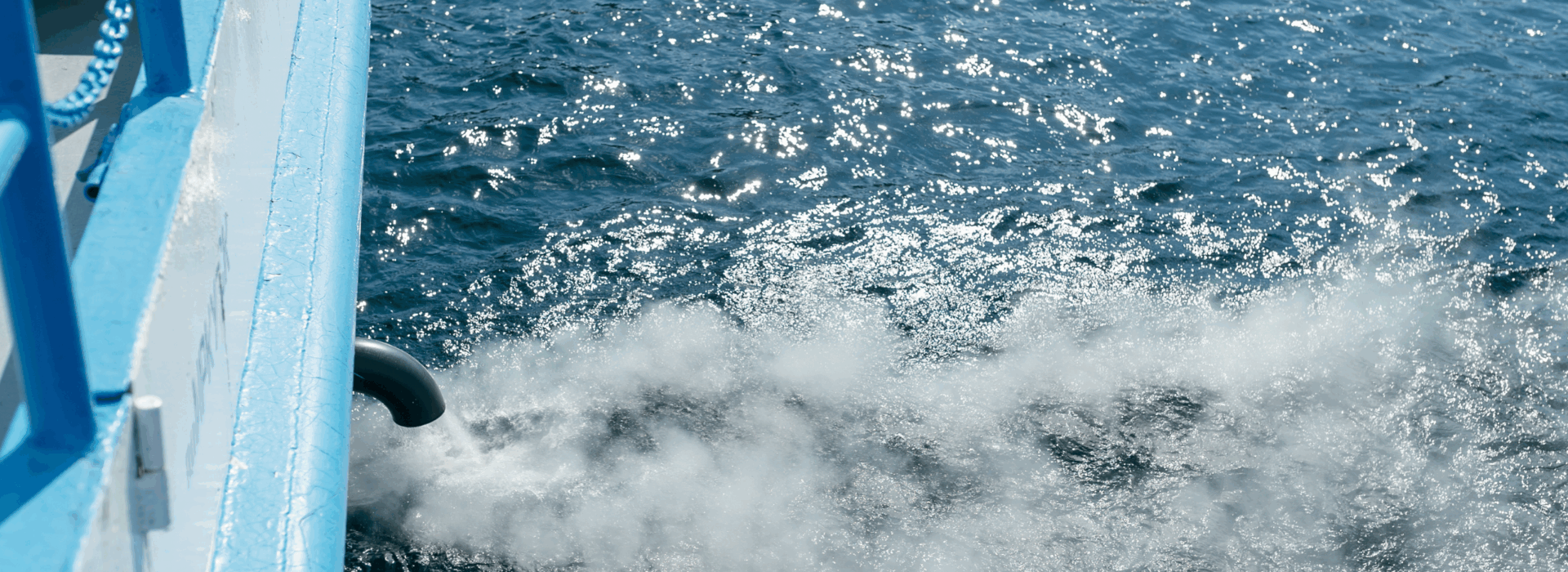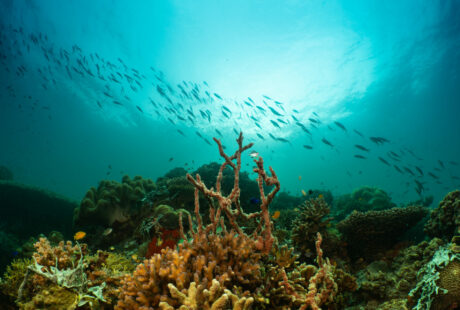Ahead of the OSPAR Ministerial Meeting in Vigo on 26 June, Seas At Risk and 20 other organisations (and counting) are urging OSPAR Environment Ministers to ban toxic wastewater discharge from scrubbers — a method used by ships to clean their exhaust gases. Implementing this ban would help keep our oceans clean, support healthy marine ecosystems, and accelerate the phase-out of heavy fuel oil, one of the dirtiest liquid fossil fuels on the planet.
A ban on toxic scrubber discharge in OSPAR waters would demonstrate strong regional leadership and align with the principles of both OSPAR and the UN Ocean Conference (UNOC). Currently, 45 jurisdictions — including both countries and individual ports — have already taken action to prohibit or restrict scrubber discharge, but much greater coordination and urgency are needed.
While scrubbers were introduced to reduce sulphur emissions from ships, they enable the continued use of heavy fuel oil, often resulting in even greater emissions of black carbon, carbon dioxide, and particulate matter. Furthermore, scrubber waste contains heavy metals, acidic compounds, and polycyclic aromatic hydrocarbons (PAHs), posing a significant threat to marine life and human health, especially in coastal communities.
As the shipping sector transitions toward decarbonisation, simply switching to low-sulphur fuels is not enough to protect the oceans or meet climate targets. Truly green solutions — from wind propulsion and zero-emission fuels to renewable technologies — already exist and can enable deep emissions reductions, delivering both clean air and clean water while honouring our climate obligations.
You can read the open letter here.

Posted on: 19 June 2025



